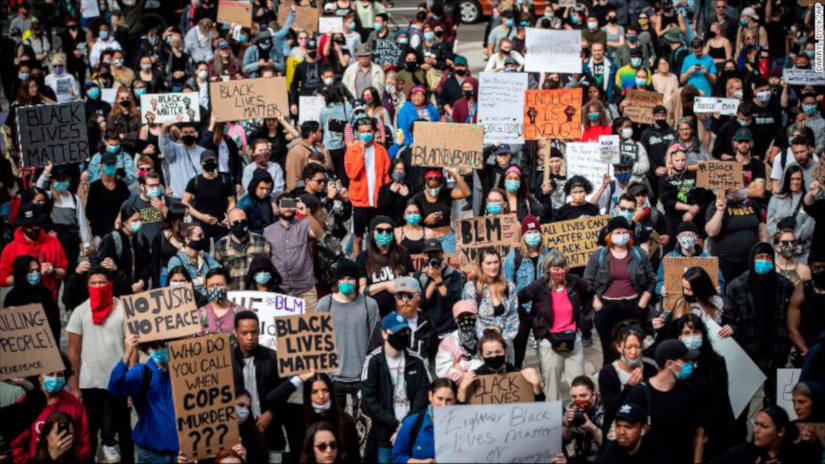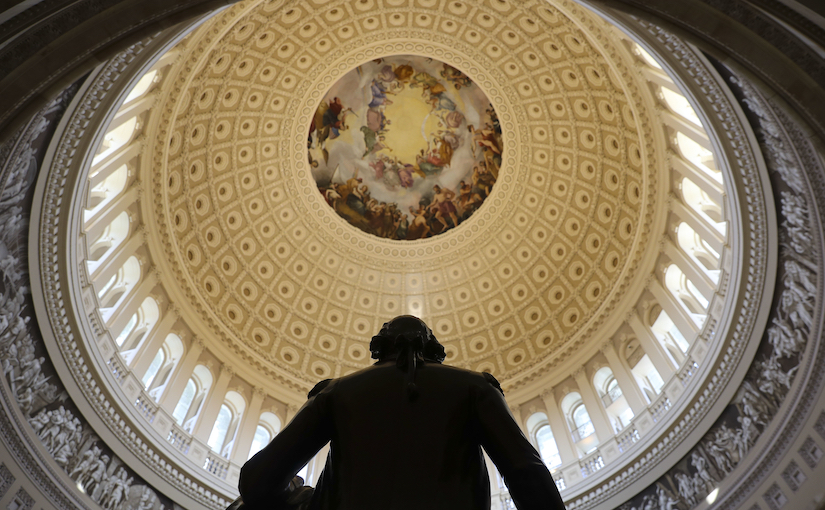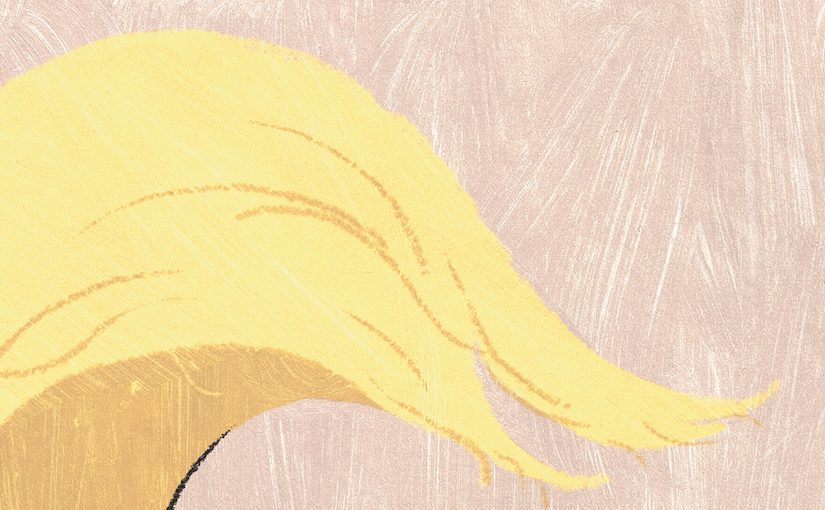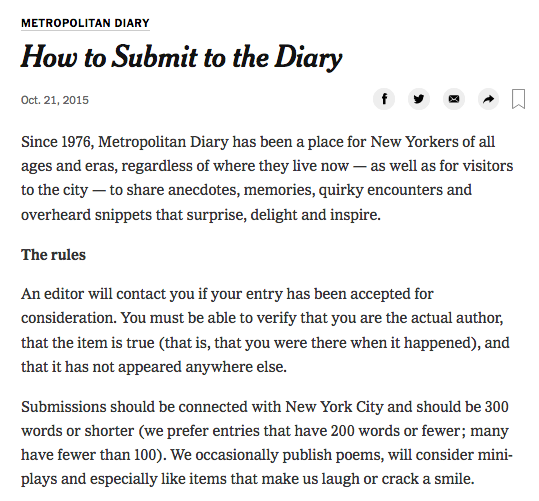On a final pass through the proofs for Unlikeness Is Us. The title mistranslates a line from a short lyric, The Wolf, spoken by a female protagonist. There aren’t many such Old English poems. Reading this one today, I was struck by how it sits in #metoo’s penumbra, though it was writ 1,000 years ago. It’s hardly news that our crises are not new. Still, the sudden feeling of historical depth caught me by surprise. Even though I’ve posted this translation before, that bit of vertigo felt meaningful enough to share, with revised commentary, and a few new thoughts appended.
The Wolf
As if one had made the people an offering.
They will receive him if he comes in violence.
Unlikeness is us.
The wolf is on an island. I am on another.
Mine is secured and surrounded by marsh.
The men on that island are glad at war –
they’ll receive him if he comes in violence.
Unlikeness is us.
I have borne a wolf on thought’s pathways.
Then it was rainy weather and I sat crying.
When the war-swift one took me in arms,
the joy he gave me, it was that much pain.
Wolf – my Wolf – thoughts of you
sicken me. How seldom you come
makes me anxious, not my hunger.
Listen, onlooker, to our miserable whelp
a wolf bears to woods.
Easy to part what was never joined;
our song together.
The Wolf
Lēodum is mīnum swylce him mon lāc° gife.
Willað hȳ hine āþecgan° gif hē on þrēat cymeð.
Ungelīc is ūs.° ⬩
Wulf is on īege, ic on ōþerre.
Faest is þæt ēglond, fenne biworpen. (5)
Sindon wælrēowe weras þǣr on īge;
willað hȳ hine āþecgan gif hē on þrēat cymeð.
Ungelīce is ūs.
Wulfes ic mīnes wīdlāstum wēnum dogode°.
Þonne hit wæs rēnig weder &ic rēotugu sæt. ⬩ (10)
Þonne mec se beaducāfa bōgum bilegde,
wæs mē wyn tō þon, wæs mē hwæþre ēac lāð. ⬩
Wulf, mīn Wulf, wēna mē þīne ⬩°
sēoce gedydon, þīne seldcymas,
murnende mōd, nales metelīste. (15)
Gehȳrest þū, ēad wacer°? Uncerne earmne hwelp
bireð° wulf° tō wuda.
Þæt mon ēaþe tōslīteð þætte nǣfre gesomnad wæs,°
uncer° giedd geador. ⬩ :⁊
Commentary
More commonly Wulf and Eadwacer. A woman speaks. She’s pregnant and her people are hostile to the father of the child. Not much else is settled about the poem. Wulf may be a raider from another clan; is their encounter a rape, as has often been thought? Her longing for him is tortured but I don’t hear that sort of wrong in the past of it. Something more mutual then. Still, though, the poem is riven with her ambivalence; she wants him to come, wants him never to have come; and the doubleness in her thought sickens her.
That ambivalence streaks the poem with ambiguities. A refrain, Ungelīc is ūs, as odd in composition and placement as Stein’s “The difference is spreading.” A female speaker whose relation to her culture’s masculine warrior ethos is intimate but aslant and has, for us, only a few interpretive helpmates in the AS corpus – primarily Her Case, a poem as obscure in its own ways. Verbs that appear rarely or nowhere else and must be defined in a context almost as unprecedented as they are. A scribal practice that leaves names uncapitalized, making it difficult to discern person from animal from epithet. When is wulf a wolf and when is it her Wulf? And an oral tradition, contemporaneous or not long past, in which the spoken “wulf” could function without trouble as both. The scribe, following his lowercase practice, could preserve the ambiguity, but these days an editor has to choose.
Unlike most, I take ead wacer as an epithet, not a name, removing the third party usually thought involved – a jealous husband, Eadwacer, ready to avenge himself on the raider Wulf. Dramatically, that’s one extra, a late entry throwing off an otherwise finely balanced poem. Her people and her own mind, and Wulf too sort of, are opponents enough. A few other readers have also doubted this third party; Marsden suggests reading the compound as an epithet for Wulf himself, “joy guardian.” I go back and forth between “overseer” and “onlooker,” and end up choosing the latter because it hints at a break in the frame, an address to reader or auditor. That the speaker might assay such a move, moves me.
By this reading, which I admit is extravagant, ead wacer is the one who gehyreþ the spoken poem, the wacer of the written poem – you, dear lecteur, and I. It’s not that we’re her imprisoner, exactly, but consider, if we weren’t here, she wouldn’t be either. She’s hurt into a consciousness so sharp it rends the fabric that gives it voice – tears the air or page that binds her to, even as it divides her from, her only interlocutor, us. Many of the poems here perform like ruptures deliberately, either by addressing the reader directly – riddle poems that invite you to name their subject; maxim sequences demanding you speak from your heart – or by pointing in code, as the runes in His Message may, to the very surface they’re inscribed on. And why should the woman speaking here not tear the fabric her poem is made of? It may feel like her only way out.
That commentary done before the hashtag dawned. A few addenda –
Her cry against him isn’t, You violated me, or That was against my will, but more, This is the unlivable position I’m in now, thanks to you and our peoples. In directing to him a cry against more than him, she captures something about the complicity of an individual in a collective harm.
She first expresses concern for his wellbeing, only then for her own, and their unborn child’s. That her concern unfolds in that order is part of her predicament, and she and the poem both know it.
The power asymmetries between men and women in her culture mean that, while their circumstance may be fatal for both (all three) of them, he at least gets some agency. If he dies it was his choice to show up. All she gets to do is sit and grieve and await her fate.
She makes sitting, grieving, waiting, and articulating that, the work of resistance, and summons a force strong enough to rupture the frame.
The pathos of the poem then is that her resistance is at once minuscule and total.
Notes
1 lāc. “Offering” or “gift,” especially in a ritual sense. A sacrifice; in some contexts a message.
2 āþecgan. The verb appears to mean “to receive” in the sense of food, but with a suggestion of killing, destruction, consumption (Muir 571).
3 Ungelīc is ūs. Either “(it) is different (between) us” or “(it) is different (with) us.” It’s ambiguous whether the gulf has opened between the speaker and Wulf, or between those two and the speaker’s people.
9 dogode. Possibly the past tense of an otherwise unrecorded dogian, meaning something like “to suffer” or “to follow,” maybe here in imagination (Marsden 337). Some amend to hogode, past tense of hogian, “to consider, to dwell upon” (Muir 571–72). My translation draws on both senses.
13 The punctum marks the end of folio 100v.
16 ēad wacer. Most take it as a proper name. Ēad “riches, prosperity, joy, property” + wacer “watcher.” Eadwacer, a possessive spouse and enemy to Wulf. However, because the scribe doesn’t use capital letters to distinguish names, the compound can be taken as an epithet; Marsden (338) suggests “joy guardian,” for Wulf. I hear near the core of the phrase a sense of being thronged by eyes all round. Where “onlooker” downplays the possessiveness in the compound, “overseer,” also possible, would emphasize it. Note that she calls on the watcher not to see but to hear. She will rip him if she can out of his crowning sense function.
17 bireð. “Bears.” Since OE lacks a distinct future tense, this can be read either as a present event or as anticipation of what’s to come. ¶ wulf. It’s ambiguous whether she’s crying wolf here or naming her Wolf.
18 Þæt mon ēaþe tōslīteð | þætte nǣfre gesomnad wæs. “The man easily tears apart what was never joined.” The line doesn’t alliterate. Muir: “[It] has the ring of a gnomic utterance, and may well be an Anglo-Saxon rendering of the biblical ‘Quod ergo Deus coniunxit, homo non separet’ [Therefore what God has joined together, let no one separate] (Matt. 19:6), which might account for its not following an accepted alliterative pattern” (572).
19 Uncer. First-person dual genitive – “of us two.” Ours as in yours and mine.
Minor emendations. 16 earmne MS earne.














